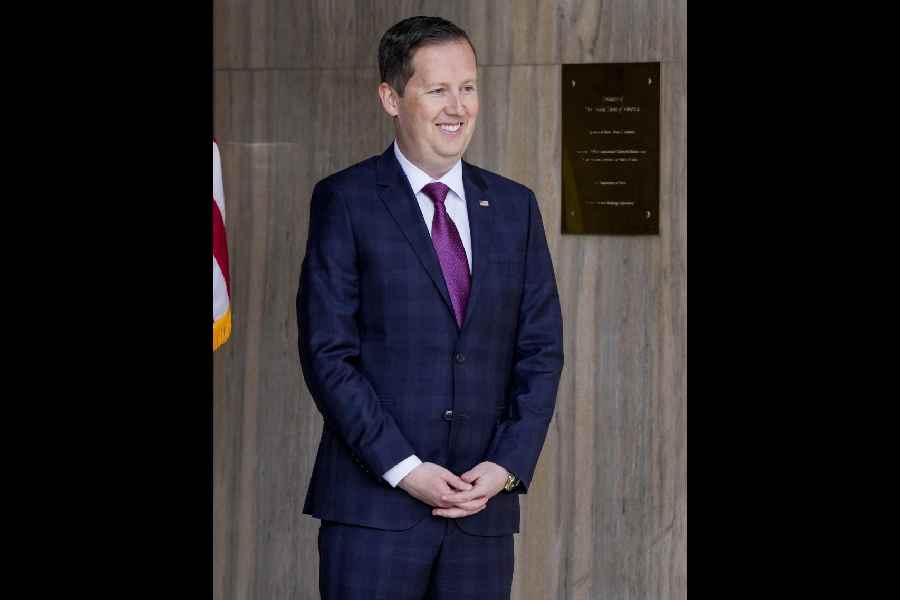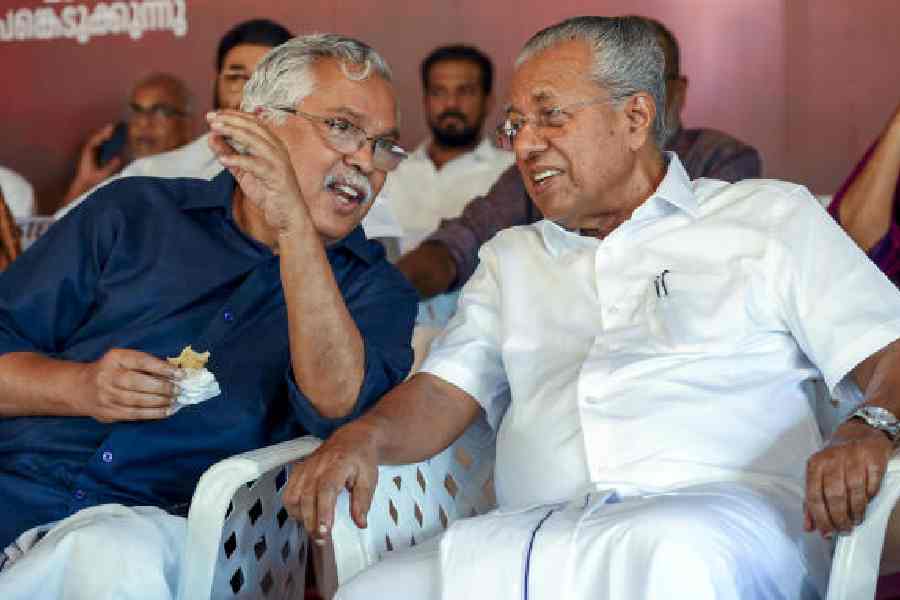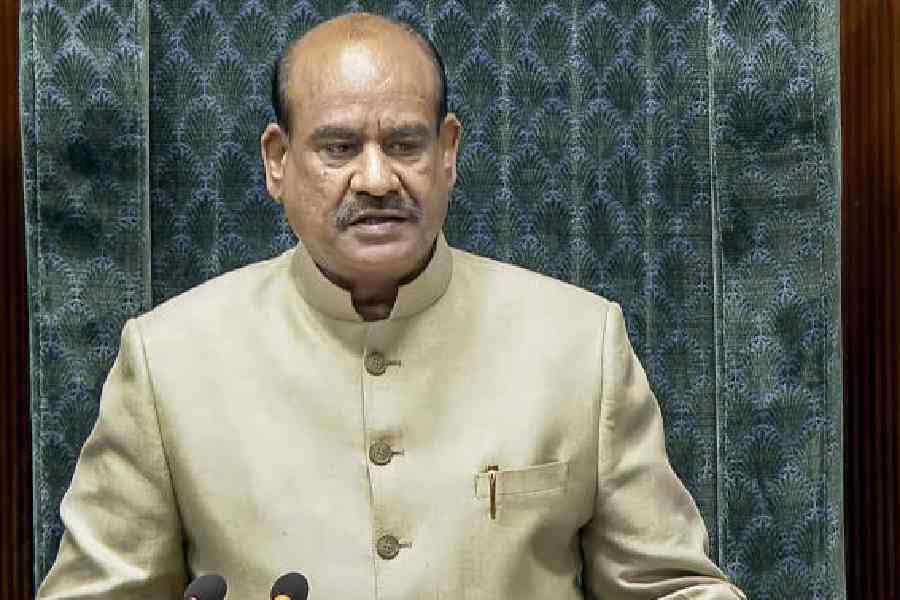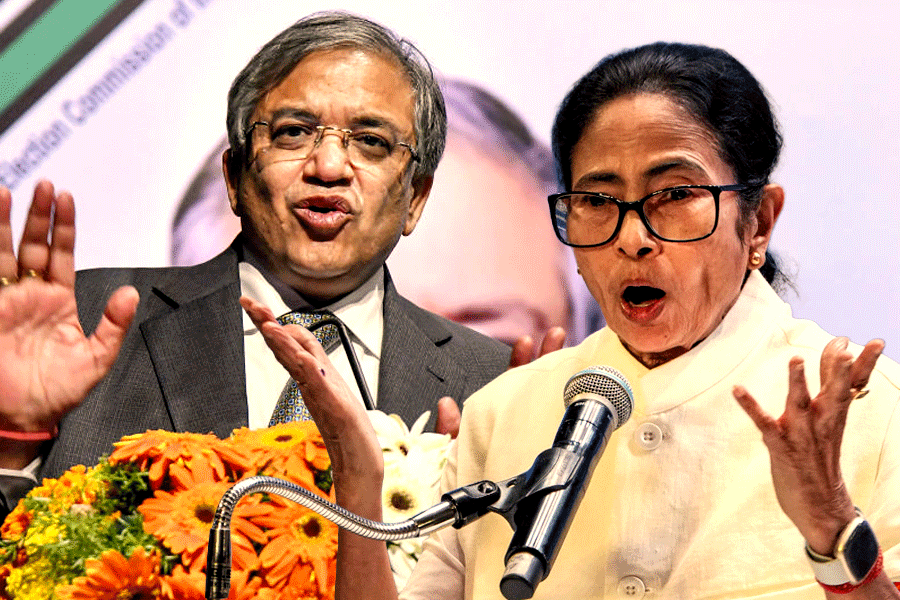
I was sitting with Naina in silence in my consultation room. The 14-year-old was looking out at the greenery that is visible from my window, avoiding my gaze. She had tried to kill herself recently. She had lost faith in adults, for they had failed her. Her mother Sarita, who was single, had brought her to me, racked with guilt that she had ignored the warning signs that her daughter was being sexually abused by the neighbour in whose house Naina had been spending time since early childhood. For me, it was listening to yet another story of a childhood destroyed.
Sarita did not want to believe her daughter when Naina said that she did not like visiting their neighbour’s house. The friendly uncle taught her science. He was not that kind of a person who could hurt a child. After all, her neighbours were a married working couple, respectable citizens of the local community. Sarita preferred Naina to be under the watchful eyes of elders rather than spend time alone with her laptop and TV. She felt Naina was trying to escape tuitions and was lying to evade studies.
For Sarita, the arrangement with the neighbours was a bonus. The couple taught Naina without charging tuition fees and also kept an eye on her till Sarita returned home from office. So many people had warned her about the terrible things that teenagers get into these days when they are left alone, unsupervised.



DEAFENING SILENCE
The culture of obedience that we enforce on our children, and our complete lack of willingness to accept that Child Sexual Abuse (CSA) is a COMMON phenomenon, propagate the deafening silence around CSA. Adults are not prepared to listen. Hence, children do not tell. When they do tell, we advise them to keep quiet because of stigma, or we simply ignore them. In many situations, we label them as liars.
Statistics, research findings, experiences shared on social media through movements such as #MeToo all point towards the same harrowing truth. One out of every two Indian children faces sexual abuse in some form or the other. So, roughly every second child you meet has experienced sexual abuse. Boys are equally abused, but find it more difficult to disclose. These are facts, backed by research findings, however shocking and unpalatable they may appear.
BELIEVE CHILDREN
In recent years, the issue of CSA has been slowly entering the public domain. The ministry of women and child development’s report on abuse, published in 2007, was a seminal document, detailing how common all forms of abuse, including CSA, was in our country. In 2012, the Protection of Children from Sexual Offences (POCSO) Act was passed, but, unfortunately, there is a despairing lack of awareness about this important piece of legislation in all spheres.
Why is this so? Shekhar Seshadri, head of the department of child and adolescent psychiatry at NIMHANS, Bangalore, believes that it is because of our unwillingness to believe children. It is simply too uncomfortable or inconvenient to accept that a majority of the perpetrators of abuse are, in fact, trusted family members.
SAFE TOUCH, UNSAFE TOUCH
Abuse happens under coercion or inducements. Children are scared to disclose because of a multitude of reasons. Threats of further harm, shame and blaming themselves for the abuse are some of the reasons. When some of them do speak up, more frequently than not, we minimise the effect, or chastise them for lying, or are simply unable to act because of the power of the abuser.
So, what can be done? First and foremost, we cannot continue to look the other way and think that “this does not happen in our society”. The sad fact is abusers are people like you and me. There is no specific “type” of people who sexually abuse children. Not everyone who abuses children is a paedophile. Try and imagine how it feels like to be violated and be ashamed of your own body. It destroys the souls of many children and the scars can be hard to heal.
We need to shed our hesitation about teaching children the necessary life skills that can keep them safe. Life Skills Training has many aspects which are necessary for healthy living and also covers relationships and sexuality. It is mandatory for carers and parents to start engaging in a culture of conversation with their children. Conversing with your child is possibly the best and easiest way. It comes at zero cost and requires no fancy technique for which you have to seek the advice of parenting consultants or psychiatrists.
Just talk. Talk about “safe” and “unsafe” touch as part of normal daily conversation. Mind you, it is not “good” or “bad” touch, as a child may not have the ability to understand what a bad touch is.
THE PANTS RULE
NSPCC, a children’s charity in the UK, has a simple advice for parents and carers on how to frame the conversation to protect children against sexual abuse. It is called the Underwear or the PANTS Rule. Teach them that:
Privates are Private.
Always remember that your body belongs to you. If someone tries to touch you underneath your underwear, say NO.
No means No.
Talk about secrets that upset you.
Speak up, someone can help.
Today (November 19) is World Day for Prevention of Child Abuse. Let us rise against child sexual harm and abuse. Let us suspend our belief that CSA is a rare occurrence in our society. Let us give children a safer environment, which is their right and an entitlement as citizens.
For further reading, look up an initiative called Rise Against Child Sexual Harm and Abuse (RACSHA) on Facebook.
Dr Jai Ranjan Ram is a senior consultant psychiatrist and co-founder of
Mental Health Foundation (www.mhfkolkata.com). Find him on Facebook @Jai R Ram










